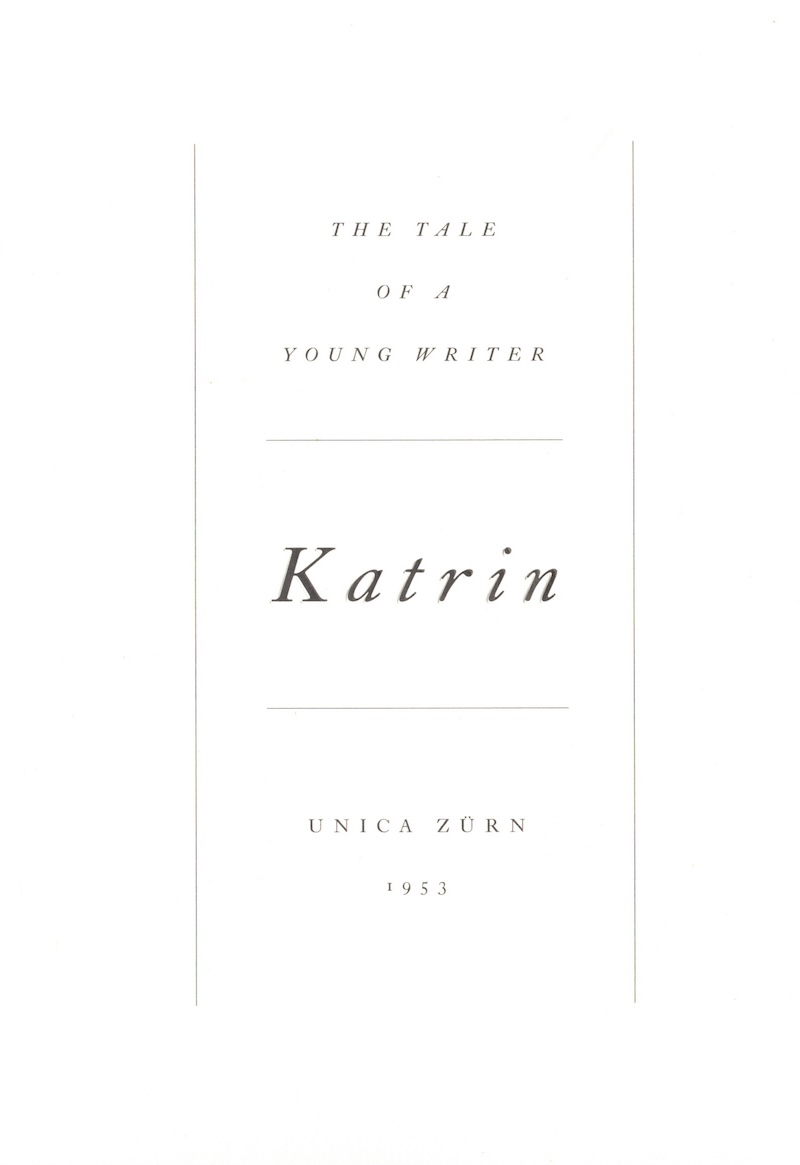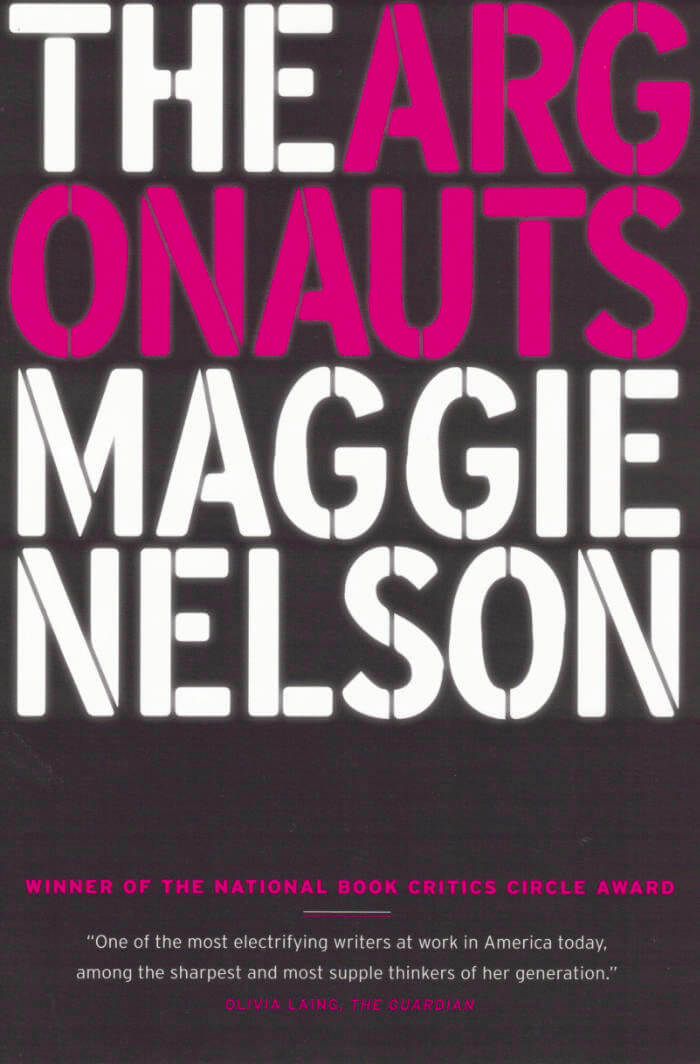
If You're a Girl: Selected Stories 1985–2023
The trailblazing book that influenced a generation of writers, and proves that mature reflection needn't be lacking in attitude.
In the beginning when everything was very sexual we talked about our fantasies. She thought about having a guy for some of it. She thought about having a gun. I had gone through a lot to get away from guys so I admit that the thought of going back to them, even for a little adventure, was surprising and disconcerting …
Ann Rower's first book, If You're a Girl, published by Semiotext(e)'s Native Agents series in 1991 in tandem with Cookie Mueller's Walking Through Clear Water in a Pool Painted Black, cemented her reputation as the Eve Babitz of lower Manhattan.
Rower was fifty-three years old at the time. Her stories—urtexts of female autofiction—had long been circulating within the poetry and postpunk music scenes. They were unlike anyone else's: disarming, embarrassing, psuedoconfessional tales of everyday life dizzily told and laced with dry humor. In If You're a Girl, she recounts her adventures as Timothy Leary's babysitter, her artistic romance with actor Ron Vawter, and her attempts to evade a schizophrenic stalker.
Rower went on to publish two novels: Armed Response (1995) and Lee & Elaine (2002). After the 2002 suicide of her partner, the writer Heather Lewis, Rower stopped writing for almost two decades. And then she picked up where If You're a Girl left off. No longer a girl, she produced dozens of stories from her life in New York as an octogenarian.
This new, expanded edition includes most of the original book, together with selections from both her novels and her recent writings. If You're a Girl is a trailblazing book that manifests Rower's influence on a generation of writers, and proves that mature reflection needn't be lacking in attitude.
Ann Rower is the author of If You're A Girl, Armed Response, and Lee & Elaine. She received a PhD from Columbia University in sixteenth-century English literature in 1974, and has collaborated with the Wooster Group as a writer. Rower taught writing in New York at the School for Visual Arts between 1974 and 2019.
Introduction by Sheila Heti.
Language: English







